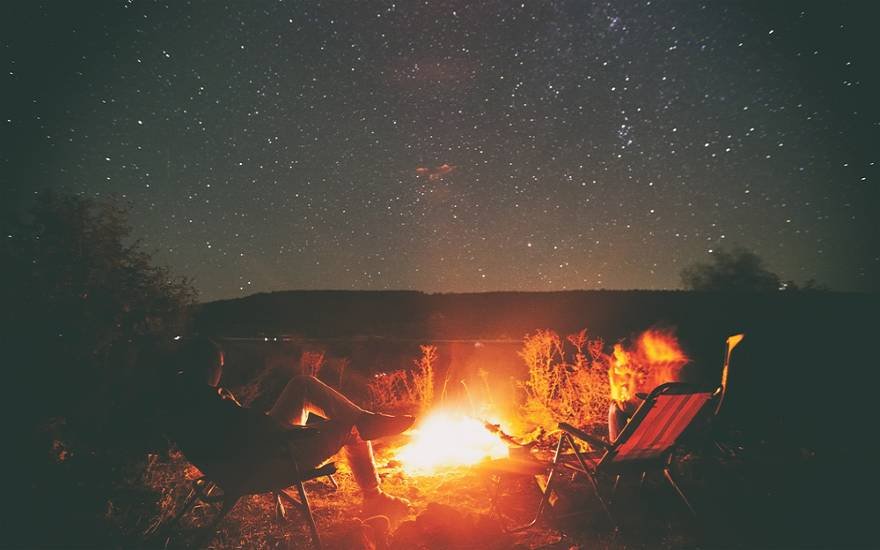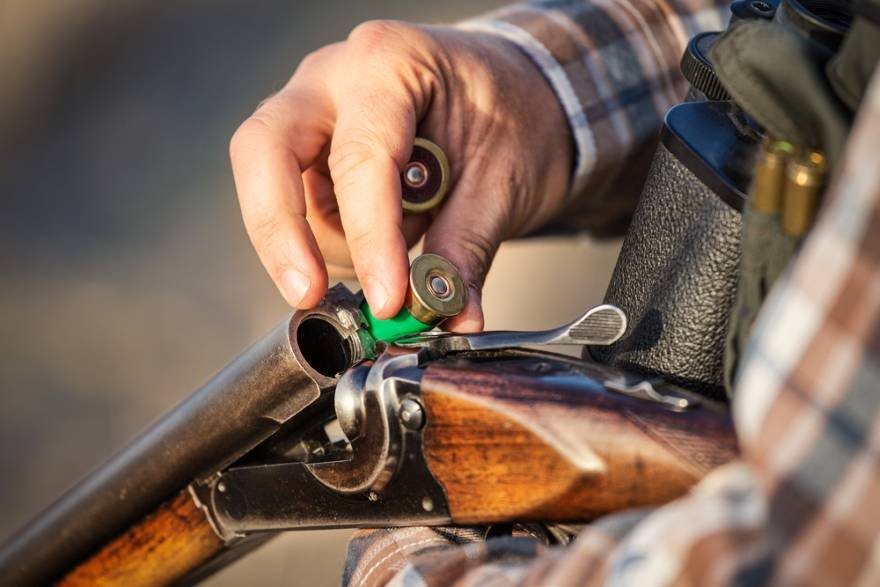Nature is amazing, that’s for sure, but although it has so much beauty, it also hides many dangers. Unlike the way things are going in movies when people go deep into nature, reality begs to differ. You might encounter more animals or life-threatening situations and getting out of them won’t save you simply because you’re the main character. Survival is something to be taken seriously.
So, having said that, we thought it would be a great idea to compile a list of survival tips for when you go into nature. Let’s get to it!

7 Unexpected Tips to protect yourself in Nature
1. Be Careful with Campfires
If you’re camping, the chances are that you’re thinking of making a campfire. After all, who doesn’t like a campfire? But as much as you love telling horror stories while watching the burning wood, your safety shouldn’t be overlooked either. A fire could easily spread and set your tent on fire if you don’t take any precautions, and you don’t want to be injured due to your own mistake.
Related:
Protecting yourself from this can be done by setting a fire at least 15 feet away from your tent, not to mention away from the trees and shrubs. Not only your tent, but the whole forest should be protected against the fire if you want to survive. Make sure you never leave the fire unattended either, and that it’s contained in a fire pit or something similar.
Bring a Gun with You
Okay, you can’t play around with nature, especially if the place you’re going has a risk of putting a wild animal in front of you. Wild animals are not always sweet and cuddly, particularly bears.
Bringing a gun is an aspect not to be overlooked in this case, as it can be the way to make sure you prevent yourself and your family or friends from being hurt by a wild animal. An AR-15 may seem too much, but when faced with a big animal, survival is the only thing coming to mind. Also, if you want to make it more effective, you should pick a good lower receiver for it. Lower receivers are of multiple types, some better than others, as some of the higher-quality ones are not prone to corrosion. The better the lower receiver, the better your rifle is going to function.

Inform Yourself About the Weather
It’s essential to know the weather conditions before you go into the wild. The weather tends to change a lot, and you’d be damned if you’re caught in the middle of a storm, or you’re caught off guard by extremely hot weather.
More often than not, it’s ideal to bring gear for unexpected weather situations. It will make it easier for you to deal with more types of weather and stay safe in case of extreme conditions. There are people who plan their trips one month in advance to make sure the weather will be predicted more accurately.
Store Your Food Wisely
Don’t leave your food outside – at least if you don’t want to see a bear “waving” at you from behind a tree. Animals can easily be drawn towards your area if they smell food. While not all animals may be dangerous, you never know how your luck is going to be.
The best way to go about it is by storing your food in a place such as inside the car, a food storage locker or a bear-safe container, to make sure wildlife doesn’t come for you. If anything, you want to avoid contact with animals at all costs.

Have Your Gun Loaded
You are aware of the fact that you won’t really have time to load a gun in case you’re attacked by wild animals, right? While you may not be alright with the idea of keeping ammo inside a gun, it’s for the best when you find yourself in this situation. It’s better to be safe than sorry.
Load your gun before you enter the wilderness, and make sure it has a security system that won’t allow it to be fired easily or unlocked by anyone. In case you’re traveling with more people, you don’t want someone else to play around and end up causing injuries to themselves or others.
Be Careful when Wanting to Swim
Although swimming in nature may give you a feeling of freedom, it’s important to understand the risks associated with it. Water may be dangerous, so venturing yourself in the first lake you find is not always the best idea. First of all, the water may be contaminated, or it may shelter certain creatures you don’t want to meet.
Therefore, analyze the water carefully and don’t be too confident to jump in it if it’s too dirty/unclear. If you end up swimming, though, make sure you’re not alone, and that you don’t end up swallowing the water either.
Protect Yourself Against Bugs
Bugs are gross and annoying, and like that wasn’t enough, they may also carry diseases. When you’re out in nature, you’re exposing yourself to ticks, mosquitoes or other potentially disease-carrying insects. The wisest decision would be to repel them with special insect repellent.
Take some with you and apply it on the exposed skin area. Also, it’s a better idea to cover as much skin as you can. Light-colored clothing should be worn too since it makes it easier for you to spot ticks. Check yourself for ticks daily, and if you happen to see one, remove it accordingly.

Final Thoughts
Protecting yourself in nature is often difficult, as unexpected situations may arise. You never know when you’ll be bitten by an insect, encounter really bad weather, or be attacked by a wild animal. This is why you should take special precautions, like the ones presented in this guide. Don’t forget to bring bug repellent, take a gun with you and have it loaded at all times, and inform yourself about the weather condition prior to planning the trip. More than that, store food wisely and don’t make campfires too close to trees or your tent.
We hope that this guide will save you from a potentially dangerous situation.
